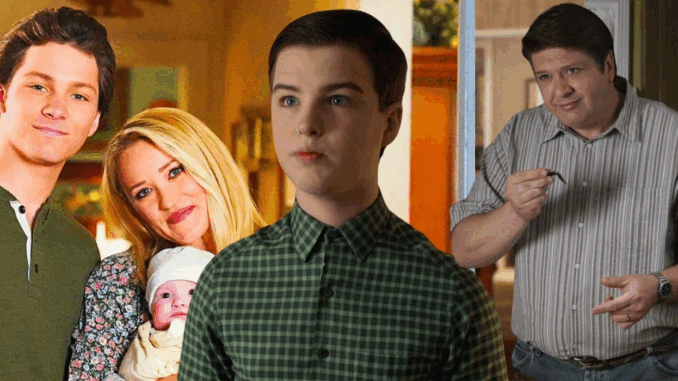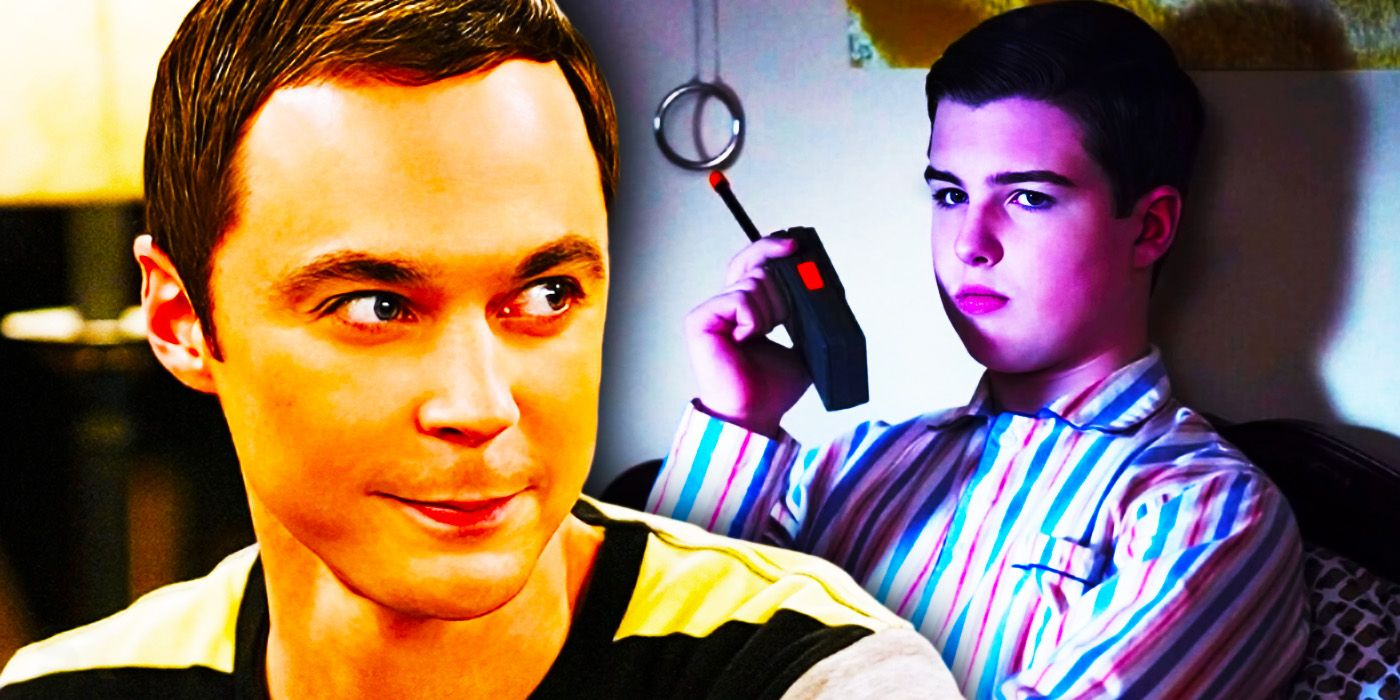
Few TV characters have made as unforgettable an impression as Dr. Sheldon Cooper. Played with brilliance by Jim Parsons, Sheldon was a once-in-a-generation sitcom creation—infuriating, endearing, hilarious, and profound all at once. His hyper-intelligence, complete lack of social awareness, and rigid routines made him the source of much of the show’s humor. Yet over twelve seasons, Sheldon grew emotionally in ways no one thought possible. This article takes a deep dive into Sheldon’s legacy, examining his evolution, his relationships, and why his character has had a lasting cultural impact far beyond The Big Bang Theory.
The Birth of a Unique Character
A Genius with No Filter
Sheldon Cooper is introduced as a theoretical physicist with an IQ of 187 and an eidetic memory. While he is undoubtedly brilliant, his extreme need for control, social cluelessness, and frequent condescension make him difficult to be around. He dismisses others’ feelings, thrives on routine (bathroom schedules, seat assignments, food days), and often corrects people with the now-iconic “Bazinga!”
He appears to be on the autism spectrum, though the show never officially labels it. His behaviors—lack of empathy, difficulty understanding sarcasm, and obsession with rules—are consistent with those of someone with high-functioning autism or obsessive-compulsive disorder. Jim Parsons, however, has stated he didn’t approach the role with any diagnosis in mind, allowing the character to be more than a stereotype.
Comic Gold
In the early seasons, Sheldon’s rigid worldview clashes hilariously with the people around him. His refusal to adapt, inability to detect sarcasm, and self-centered logic lead to constant comedic tension. Whether it’s arguing over roommate agreements or fighting over a seat in the movie theater, Sheldon’s quirks turn ordinary scenarios into laugh-out-loud moments.
But beneath the comedy lies a complex character, and as the series progressed, viewers discovered that Sheldon’s emotional growth would be one of the most compelling long-term arcs.
Sheldon and Friendship
Roommate, Rival, Brother

Leonard Hofstadter serves as Sheldon’s roommate, caretaker, and reluctant best friend. Their dynamic fuels much of the early show: Leonard wants a normal social life, while Sheldon insists on enforcing countless rules and contracts. Despite frequent clashes, Sheldon clearly values Leonard deeply—though he often fails to show it in conventional ways.
Sheldon’s relationship with Howard and Raj is also filled with friction, but over time, even they become integral to his social circle. His toast at Howard’s bachelor party—awkward but heartfelt—marks one of the first moments where Sheldon begins to show emotional growth.
Sheldon and Penny: An Unlikely Bond
One of the show’s most beloved dynamics is the friendship between Sheldon and Penny. Their personalities are polar opposites, yet their connection grows stronger over time. Penny becomes one of the few people who can challenge Sheldon without fear, and Sheldon, in turn, comes to see her as a surrogate sister.
In a rare moment of vulnerability, Sheldon hugs Penny in Season 7 when he receives bad news about his scientific work. It’s one of the most emotionally resonant moments in the series and a testament to their deep (albeit unconventional) bond.
Amy Farrah Fowler: Love and Transformation
The Perfect Match
When Amy Farrah Fowler enters the show in Season 3, she’s essentially a female version of Sheldon—intelligent, awkward, and emotionally repressed. But as their relationship progresses, both characters begin to evolve, especially Sheldon.
Amy challenges Sheldon’s worldview, encouraging him to explore emotional and physical intimacy. Over time, he begins to open up—holding hands, saying “I love you,” and eventually proposing. Their slow-burn romance culminates in a touching wedding in Season 11, one of the most anticipated events in the series.
Nobel-Worthy Growth
In the series finale, Sheldon and Amy win the Nobel Prize in Physics. What stands out most isn’t just the scientific achievement—it’s Sheldon’s acceptance speech. He sets aside his ego and honors his friends, acknowledging the sacrifices they’ve made and how much they mean to him. For a character who once struggled with empathy, it’s a beautiful full-circle moment that solidifies his transformation.
Cultural Impact and Legacy
Icon Status
Sheldon Cooper became a cultural icon, spawning merchandise, catchphrases, and even a spin-off series (Young Sheldon). His signature lines (“I’m not crazy, my mother had me tested”) and quirks made him one of the most memorable TV characters of the 21st century.
The role earned Jim Parsons four Emmy Awards, and he became the highest-paid actor in television during the show’s peak. More importantly, Sheldon changed how sitcoms approached characters with neurodivergent traits—offering both humor and humanity.
From Laugh Track to Lasting Lessons
Sheldon taught viewers that people don’t have to change who they are to grow. He didn’t become “normal”—he remained proudly unique—but he learned to care, compromise, and love in his own way. His evolution was never forced; it was earned, one awkward conversation and breakthrough at a time.
His character arc showed that intelligence and emotional depth are not mutually exclusive—and that love can exist on many different terms.
Conclusion
Dr. Sheldon Cooper’s legacy goes far beyond his PhD or Nobel Prize. He redefined what it meant to be a sitcom lead, blending scientific genius with emotional vulnerability in a way that resonated with millions. Through humor, heart, and sheer stubbornness, Sheldon became a character for the ages—unforgettable, unrepeatable, and utterly original.